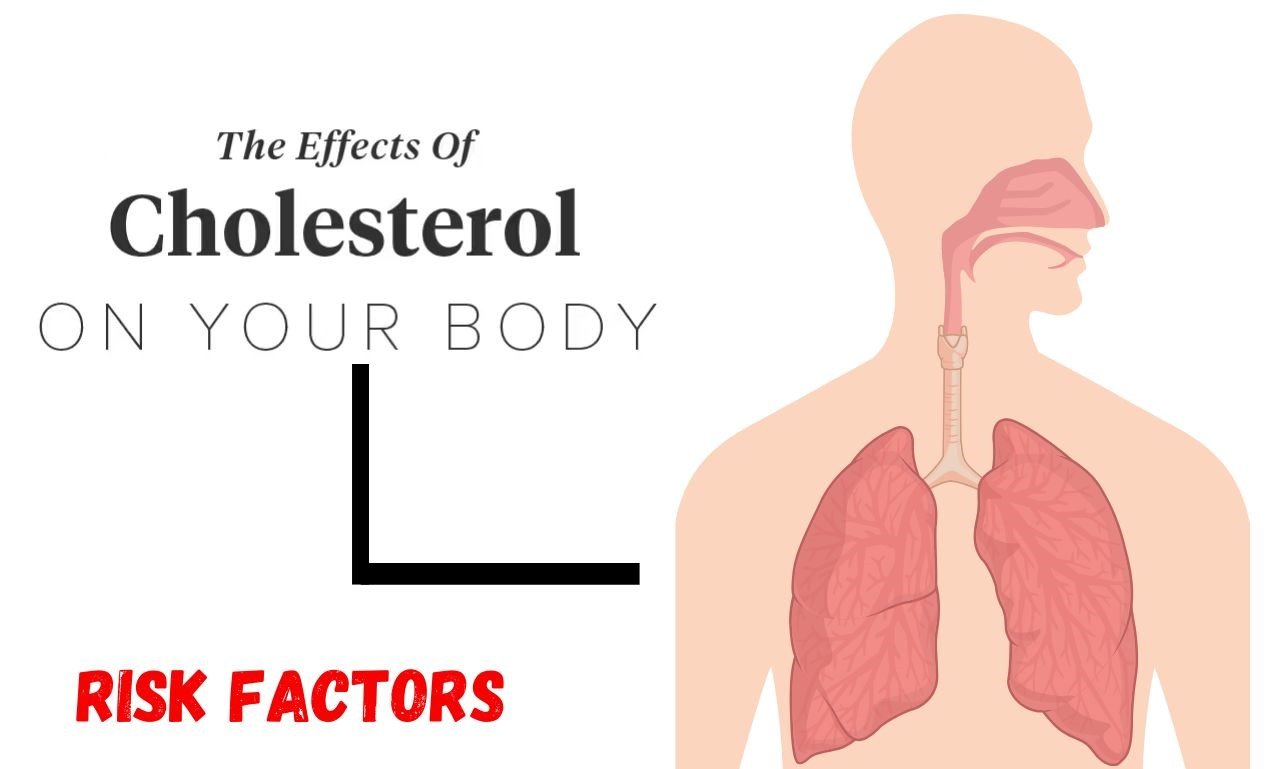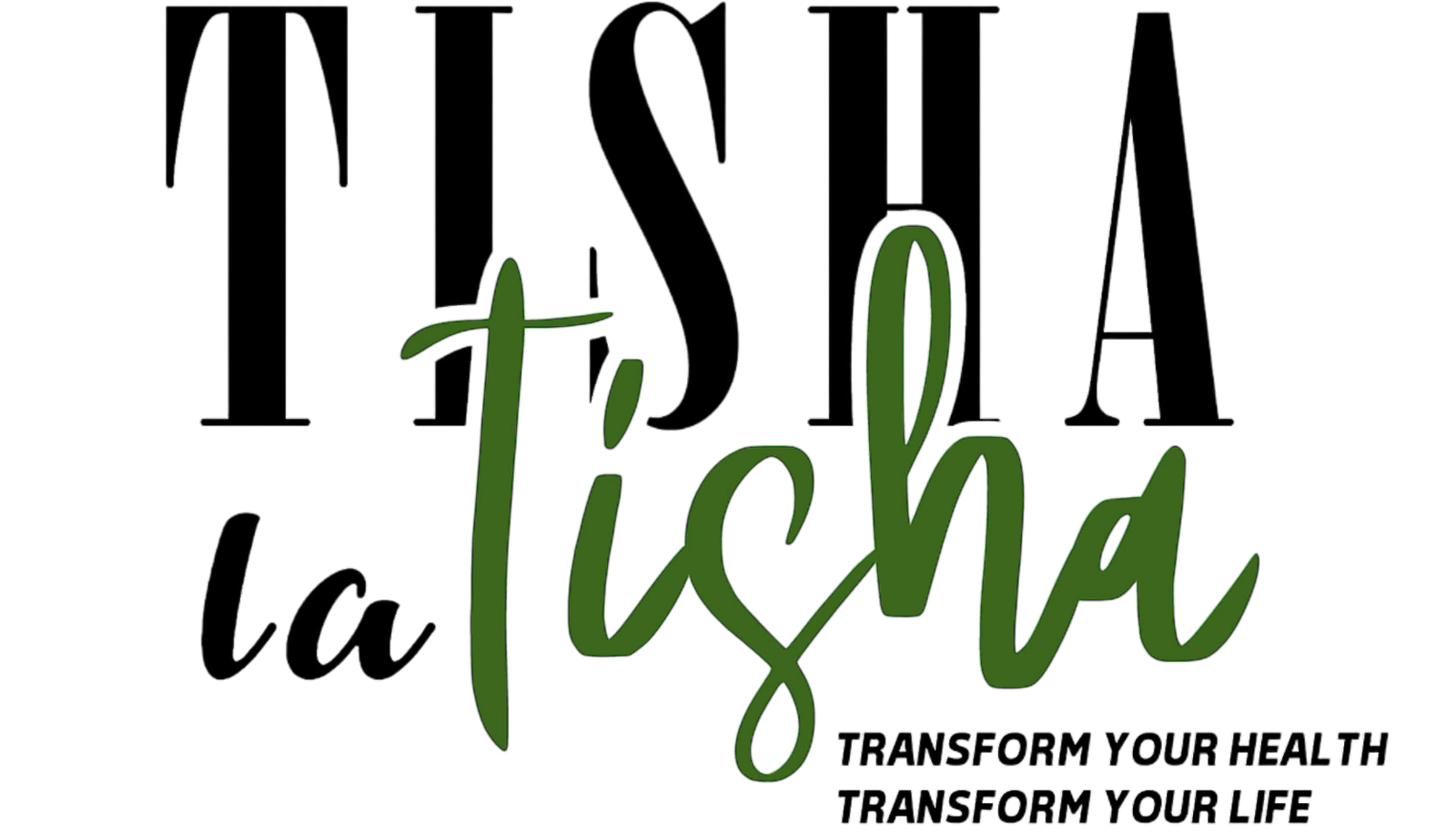High cholesterol affects millions worldwide, posing a severe risk to health. It’s crucial to understand this condition, its potential dangers, and how it can impact your well-being. Let’s delve into the world of cholesterol and explore how to protect ourselves.

Understanding Cholesterol – The Good, the Bad, and the Ugly
Cholesterol, a waxy substance found in your body, plays essential roles like cell building and hormone production. But there’s a catch:
- LDL Cholesterol (Bad): This type builds up in arteries, forming plaque that narrows blood vessels. It’s a major culprit in heart disease.
- HDL Cholesterol (Good): This type acts as a cleanup crew, removing excess cholesterol and transporting it to the liver for disposal.
What Drives High Cholesterol?
Several factors contribute to high cholesterol, creating a perfect storm for health problems:
- Genetics: Your genes play a significant role. Some individuals are predisposed to high cholesterol.
- Diet: Foods high in saturated and trans fats, as well as cholesterol itself, can elevate LDL levels.
- Lifestyle: Lack of exercise, smoking, excessive alcohol consumption, and obesity all contribute.
- Medical Conditions: Diabetes, hypothyroidism, and kidney disease can also raise cholesterol.
The Silent Threat
High cholesterol is often called the “silent killer.” Unlike many diseases with noticeable symptoms, high cholesterol often remains undetected until it causes severe complications like heart attack or stroke. Regular checkups and cholesterol screenings are crucial for early detection, especially if you have risk factors.
How High Cholesterol Turns Deadly
The most significant threat of high cholesterol lies in its impact on your cardiovascular system. It’s a domino effect:
- Atherosclerosis: High LDL cholesterol promotes the buildup of fatty deposits (plaque) in your arteries.
- Narrowed Arteries: Plaque narrows the arteries, reducing blood flow to vital organs like the heart and brain.
- Heart Attack: A blocked artery supplying the heart can lead to a heart attack, a life-threatening emergency.
- Stroke: Similarly, blocked arteries in the brain can cause a stroke, potentially leading to disability or death.
The Ticking Time Bomb
The timeline for cholesterol-related complications varies. In some cases, high cholesterol can trigger a sudden heart attack or stroke. More often, it’s a gradual process over years or decades.
The longer you live with high cholesterol, the higher your risk of developing chronic heart conditions, ultimately impacting your lifespan and quality of life.
Taking Control: Lifestyle Changes
The good news is that you have the power to lower cholesterol and reduce your risk:
- Heart-Healthy Diet: Embrace fruits, vegetables, whole grains, lean proteins, and healthy fats. Limit saturated and trans fats.
- Exercise: Aim for at least 150 minutes of moderate-intensity exercise (e.g., brisk walking) or 75 minutes of vigorous activity per week.
- Healthy Weight: Maintain a healthy weight through diet and exercise.
- Quit Smoking: Smoking accelerates the buildup of plaque in your arteries.
Medical Interventions
In addition to lifestyle changes, your doctor may recommend medications:
- Statins: These are commonly prescribed to lower LDL cholesterol production in the liver.
- Other Medications: Cholesterol absorption inhibitors, bile acid resins, and PCSK9 inhibitors may also be used.
Your Cholesterol Action Plan
- Regular Checkups: Get regular cholesterol tests to monitor your levels.
- Target Levels: Work with your doctor to establish your ideal cholesterol goals.
- Treatment Adjustments: Your doctor may adjust your treatment plan based on your cholesterol levels and overall health.
Don’t Wait – Act Now
High cholesterol is a silent threat, but it’s one you can manage and prevent. Take charge of your health today by adopting a heart-healthy lifestyle, getting regular checkups, and working with your doctor to create a personalized treatment plan.
Remember, a healthy heart is a happy heart!
